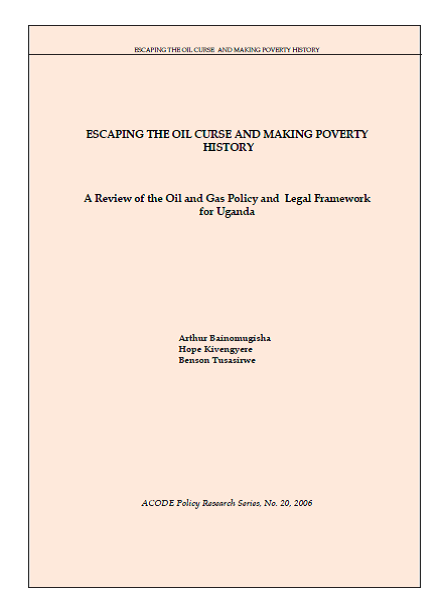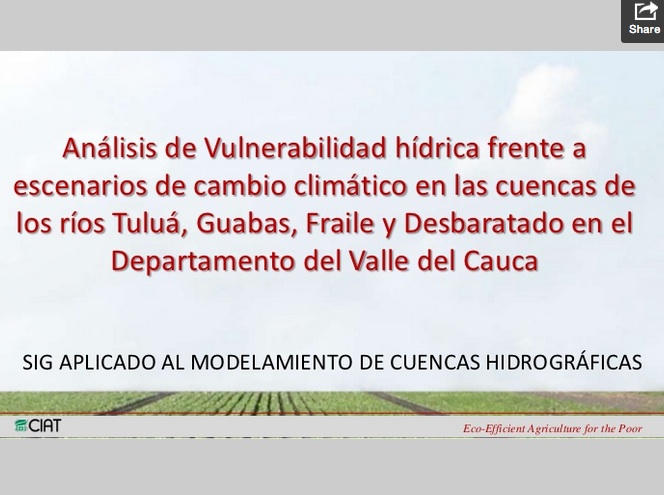ESCAPING THE OIL CURSE AND MAKING POVERTY HISTORY
In this oil research paper, we have set out the challenges confronting oil producing countries in sub-Saharan Africa by giving case studies of Nigeria, Angola and Equatorial Guinea. We have also critiqued the draft National Oil and Gas Policy under formulation as well as the legal framework. We argue that the oil Dutch Disease and conflict nexus associated with oil producing countries are not a given since there are examples such as Norway which have utilised their oil revenue for transformation and sustainable development.







